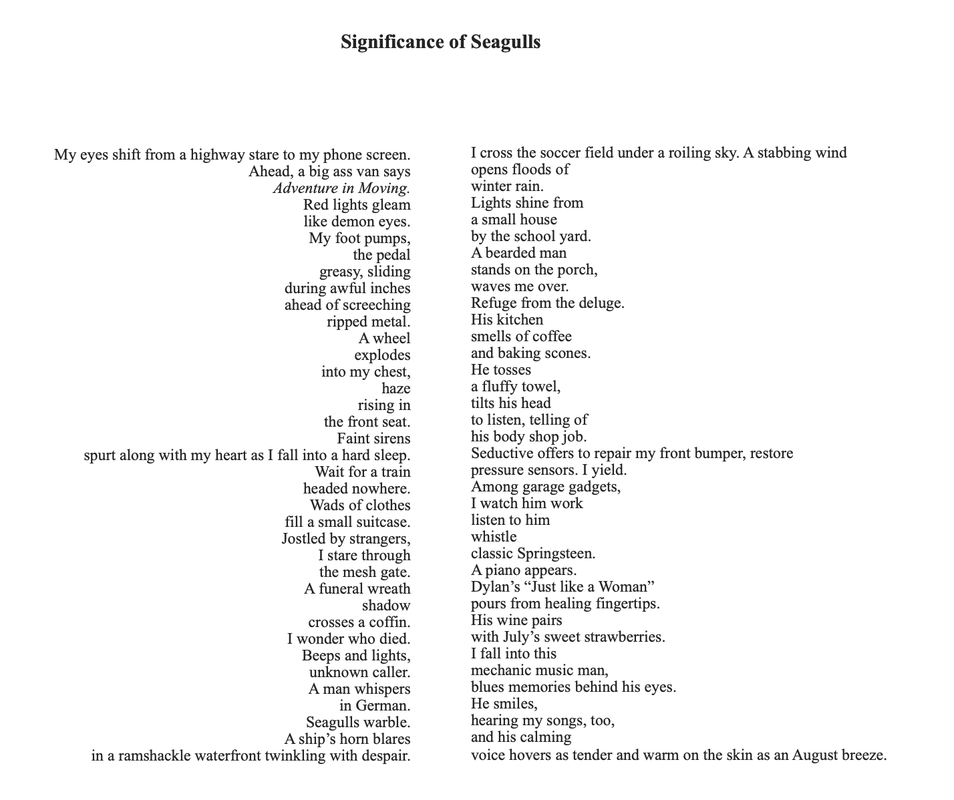Witchery is closed until further notice
The place for Epoems
1. NO PAGE BREAKS unless the poem jumps to a second or third page in which case it must adhere to the rules. 2. NO STANZA BREAKS. 3. There MUST BE THE SAME NUMBER OF LINES ABOVE THE MIDDLE LINE AS THERE ARE BELOW IT. 4. After Issue 4, we are no longer accepting Epoems with fewer than 15-19 LINES ABOVE AND BELOW THE LONG MIDDLE LINE,
1. NO PAGE BREAKS unless the poem jumps to a second or third page in which case it must adhere to the rules. 2. NO STANZA BREAKS. 3. There MUST BE THE SAME NUMBER OF LINES ABOVE THE MIDDLE LINE AS THERE ARE BELOW IT. 4. After Issue 4, we are no longer accepting Epoems with fewer than 15-19 LINES ABOVE AND BELOW THE LONG MIDDLE LINE,
Lenny DellaRocca, Editor
Witchery is published occasionally throughout the year and accepts only 10 poems per issue. This page is best viewed on a desktop computer.

